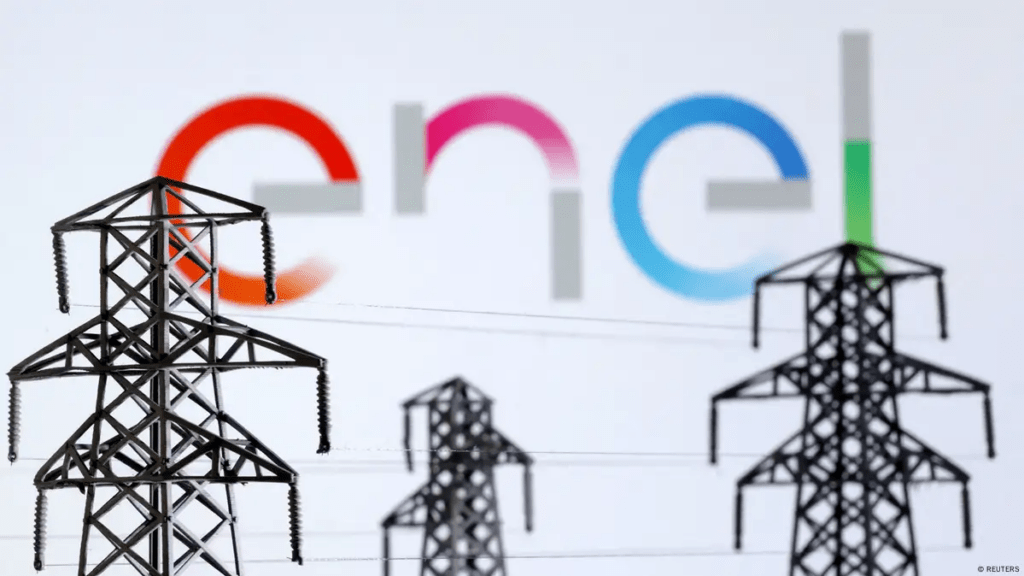As the global shift toward renewable energy accelerates, countries like Vietnam have positioned themselves as emerging players in the clean energy sector. However, recent developments indicate a troubling trend: several major European renewable energy companies are pulling out of Vietnam. This withdrawal raises significant concerns about the country’s ambitious renewable energy goals and its ability to secure a sustainable energy future.
The challenges prompting this exodus are multifaceted and deeply rooted in Vietnam’s current energy landscape. From regulatory uncertainties to infrastructure inadequacies, the hurdles are significant. However, understanding these challenges is the first step toward identifying actionable solutions that can help Vietnam not only retain foreign investment but also achieve its renewable energy ambitions.
Challenges Facing Vietnam’s Renewable Energy Sector
1. Lack of Clear Regulations
One of the primary challenges facing renewable energy projects in Vietnam is the absence of clear and consistent regulations. Investors are often deterred by the uncertainty surrounding project approvals, sea area allocations, and pricing mechanisms, particularly for offshore wind projects. Without a stable regulatory framework, companies find it increasingly difficult to commit resources and plan for the long term.
2. Insufficient Infrastructure
Vietnam’s national grid is struggling to keep pace with the increasing influx of renewable energy sources. Currently, the grid lacks the capacity to handle the variability and complexity associated with integrating large-scale renewable energy projects. This infrastructure inadequacy hampers the reliability of energy supply, which is crucial for both businesses and residents.
3. Funding Limitations
Transitioning to renewable energy on a large scale requires substantial financial investment. However, Vietnam is grappling with funding limitations, which stymie the expansion of renewable projects. The challenge lies in securing both domestic and international investment to support the infrastructure and technology needed for this transition.
4. Unattractive Investment Climate
The rising tax burdens and a lack of financial incentives from the government have contributed to an unattractive investment climate for foreign entities. As a result, many European companies are reconsidering their investments in Vietnam, opting instead for markets with more favorable conditions.
5. Energy Reliability Concerns
Vietnam’s heavy reliance on coal for energy generation raises significant concerns about energy reliability. Frequent power outages disrupt business operations, leading to increased operational costs and uncertainty in the market. This instability further discourages investment in renewable energy, as companies seek more reliable environments for their projects.
Consequences of European Withdrawal
The withdrawal of European renewable energy companies has severe implications for Vietnam. First and foremost, it leads to a substantial loss of investment, hampering the country’s progress toward its renewable energy targets. Moreover, without foreign expertise and financial backing, Vietnam risks slowing its energy transition, jeopardizing its ability to meet growing energy demands sustainably. The situation is critical; if these challenges are not addressed, Vietnam could fall behind in the global race toward sustainable energy production.

Solutions for a Sustainable Energy Future
While the challenges are daunting, there are concrete solutions that Vietnam can implement to attract investment and advance its renewable energy goals. By addressing these key areas, the country can create a more favorable environment for foreign investors while ensuring a sustainable energy future.
1. Develop Clear and Transparent Regulations
The Vietnamese government must establish a stable regulatory framework for offshore wind development and other renewable projects. Clear guidelines for project approvals, pricing mechanisms, and sea area allocations will provide investors with the certainty they need to commit resources. By engaging with stakeholders—including local communities, businesses, and environmental organizations—Vietnam can create regulations that are both effective and widely accepted.
2. Upgrade the National Grid
Investing in grid infrastructure is crucial for the successful integration of renewable energy sources. The government should prioritize modernization efforts to enhance the grid’s capacity, flexibility, and resilience. This could involve leveraging innovative technologies, such as smart grids and energy storage systems, which can optimize energy distribution and minimize disruptions. Public-private partnerships could also be explored to fund these upgrades effectively.
3. Secure Funding Through Innovative Models
Vietnam should explore diverse funding options to support its renewable energy transition. This could include securing international aid, establishing green bonds, and collaborating with development banks for financing. Innovative financing models, such as power purchase agreements (PPAs) and public-private partnerships (PPPs), can also attract private investment by reducing risk and ensuring stable returns.
4. Improve the Investment Climate
To create a more attractive investment climate, the Vietnamese government must review its tax policies and consider providing financial incentives for renewable energy projects. This may include tax breaks, grants, or subsidies for companies investing in clean energy technologies. Additionally, establishing a one-stop-shop for project approvals can streamline the investment process, reducing bureaucratic hurdles and expediting project timelines.
5. Focus on Renewable Energy Development
A commitment to transitioning away from coal and prioritizing renewable energy development is essential. The government should set clear targets for renewable energy adoption, supported by strategic policies that promote investment in solar, wind, and other clean technologies. By actively promoting renewables, Vietnam can position itself as a leader in the Southeast Asian energy market.
Conclusion: A Call to Action for Vietnam
The challenges facing Vietnam’s renewable energy sector are significant but not insurmountable. By implementing clear regulations, upgrading infrastructure, securing funding, improving the investment climate, and prioritizing renewable energy development, Vietnam can create a favorable environment for both domestic and foreign investors.
The consequences of inaction are stark: without swift and decisive measures, Vietnam risks losing its competitive edge in the global transition to sustainable energy. By embracing these solutions, Vietnam can not only attract investment but also pave the way for a greener and more sustainable future for its people. The time for action is now; the world is watching, and the opportunity for Vietnam to emerge as a leader in renewable energy is within reach.
Related Content
- Why are European renewable giants fleeing Vietnam?
- Large Basket With Lid Stackable Basket Set Laundry Basket Woven Baskets Bathroom Storage Kids Vietnam Seagrass Hand Woven For Laundry Or Toys (52 Cm/43 Cm, 46 Cm/37 Cm)
- Wireless phone GSM SIM Card cordless revolve Europe cell vintage rotary Telephone home office house hotel mobile mobile white
- cordless Phone GSM SIM Card Fixed wireless Landline antique Fixed retro Telephone home office hotel wood metal for elder caller
- Singapore: Leading the Charge in Green Urban Living
- Empowering Change: The Crucial Role of Education in Environmental Conservation
- The Role of Media in Shaping Public Opinion: Challenges and Responsibilities
- Invasive Plants and the Energy-Climate Nexus: A Growing Threat to Biodiversity and Beyond
- Motionless Wind Energy: A Quiet Revolution in Renewable Power
- Top 10 Richest Countries in 2024 by GDP per Capita: Europe and Asia Lead the Way
- Kawasaki’s Hydrogen Motorcycle: A Pioneering Step Towards a Greener Future
- An Invisible Danger Accumulating in the Atmosphere: A Grossly Underestimated Gas Reaches Record Levels Not Seen in 800,000 Years
- Part of the Atlantic is Cooling at Record Speed and Nobody Knows Why
- GE Vernova To Lose $300M, EU Companies Leave Vietnam
- Why are European renewable giants fleeing Vietnam?
- After leaving Vietnam, Equinor nixes Spain and Portugal

